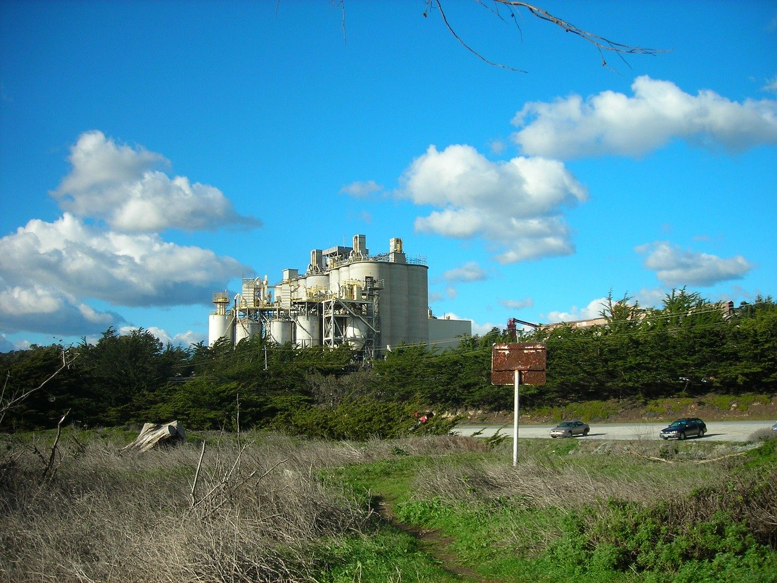Understanding API 936 – Refractory Personnel

Estimated reading time: 5 minutes

The API 936 Refractory Personnel certification is an industry-recognised certification for inspectors in the industry. It sets the standard for inspectors who are trained in refractory systems, as they hold the knowledge of API STD 936 Refractory Installation Quality Control Guidelines. API 936 certification, valid for a 3-year term, raises the bar of competence for qualified personnel, who have adequate knowledge regarding installation, inspection, testing and repair of refractory linings. It provides the industry with a prequalified set of individuals prepared for the job and readily identifies those who are qualified to do the job.
What is API?
API is the only national trade association representing all segments of the natural gas and oil industry. Although based in the US, they are known internationally as a standards-setting organisation aimed to promote safety for the oil and gas industry. API’s members span across the industry – from exploration and production to refining, marketing, pipeline, and marine businesses. API maintains more than 700 standards and recommended practices – of which are the most widely cited standards by the international regulatory community.
In 2019, the top Asia countries that certified API inspectors were found include Malaysia, Singapore, South Korea, India and United Arab Emirates. In Malaysia alone, there were 882 certified individuals in 2019.
Qualification Requirement
The API 936 Refractory Personnel certification is open to applicants with any experience in the petroleum and petrochemical industries, as well as applicants wanting to gain industry experience. To obtain an API 936 certification, candidates will need to pass the 936 Refractory Personnel examination.
Benefits of being API Certified
The oil and gas industry is heavily reliant on equipment to produce, refine and distribute its products. As the industry revolutionises and takes on more technological advancements, organisations need to ensure that the manpower are equipped to operate the machines safely. It is important that workers are sent to proper training and certification programs to ensure that are knowledgeable to handle the equipment as required. Certification provides personnel with industry-directed and industry-accepted professional credentials. Following are the benefits of an API Certified worker:
- Boost worker productivity
- Internationally recognised
- Encourage greater peace of mind
Boost workers productivity
Certified workers often work more efficiently than uncertified colleagues, and their presence can help improve the productivity of day-to-day operations.
Internationally recognised
For the petroleum and petrochemical industry, American Petroleum Institute (API) certifications are the most demanded and desired credentials in the industry.
Encourage greater peace of mind
Certified workers are more well versed with the industry standards and therefore the management places high confidence in them. This enables more productivity and allows a greater peace of mind.
According to the latest ICP Statistics as of April 2019, there is a rising number of applications in the API 936 program, of which 45.68% of certified individuals serve the petroleum industry. This highlights the rising importance and recognition the API 936 program is gaining across the industry. Hence, it is important that every refractory personnel gain their certification and meet the industry standards. As the 936 examination covers several topics, candidates need to be well prepared to take on the questions. A lot of time and practice needs to be put in to ensure they pass the examination.
 |
API 936 Refractory Inspection Code is a 3-day training course held from 30 March – 1 April 2020 in Singapore, designed to prepare and train candidates for the API 936 examination. It will provide an intensive overview of on refractory installation, inspection, testing and repair in accordance with API 936 Standard. Candidates will gain an in-depth understanding on the laboratory testing procedures, be able to identify the various material qualification needed in the installation, sample preparation and surface separation requirements of the refractory system, list installation procedures and equipment and more.
Unable to make it for March Course? Contact us for other available dates.
 |
